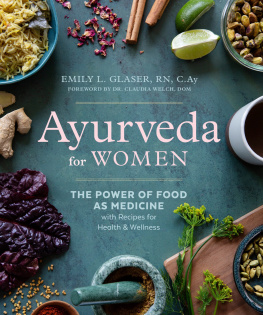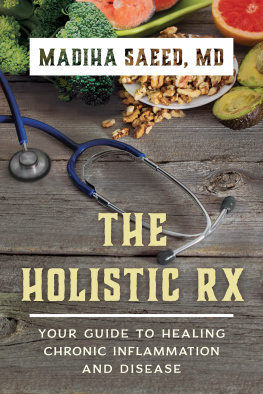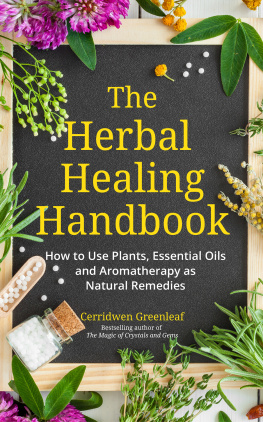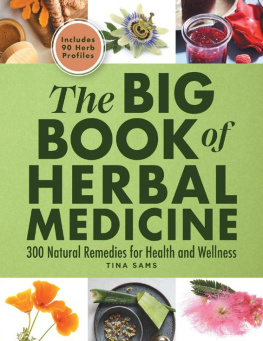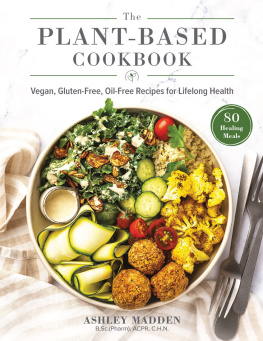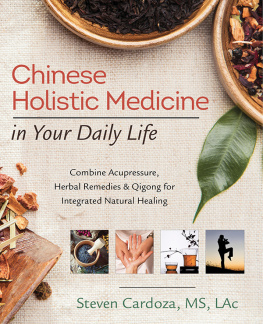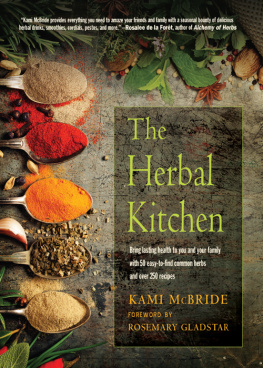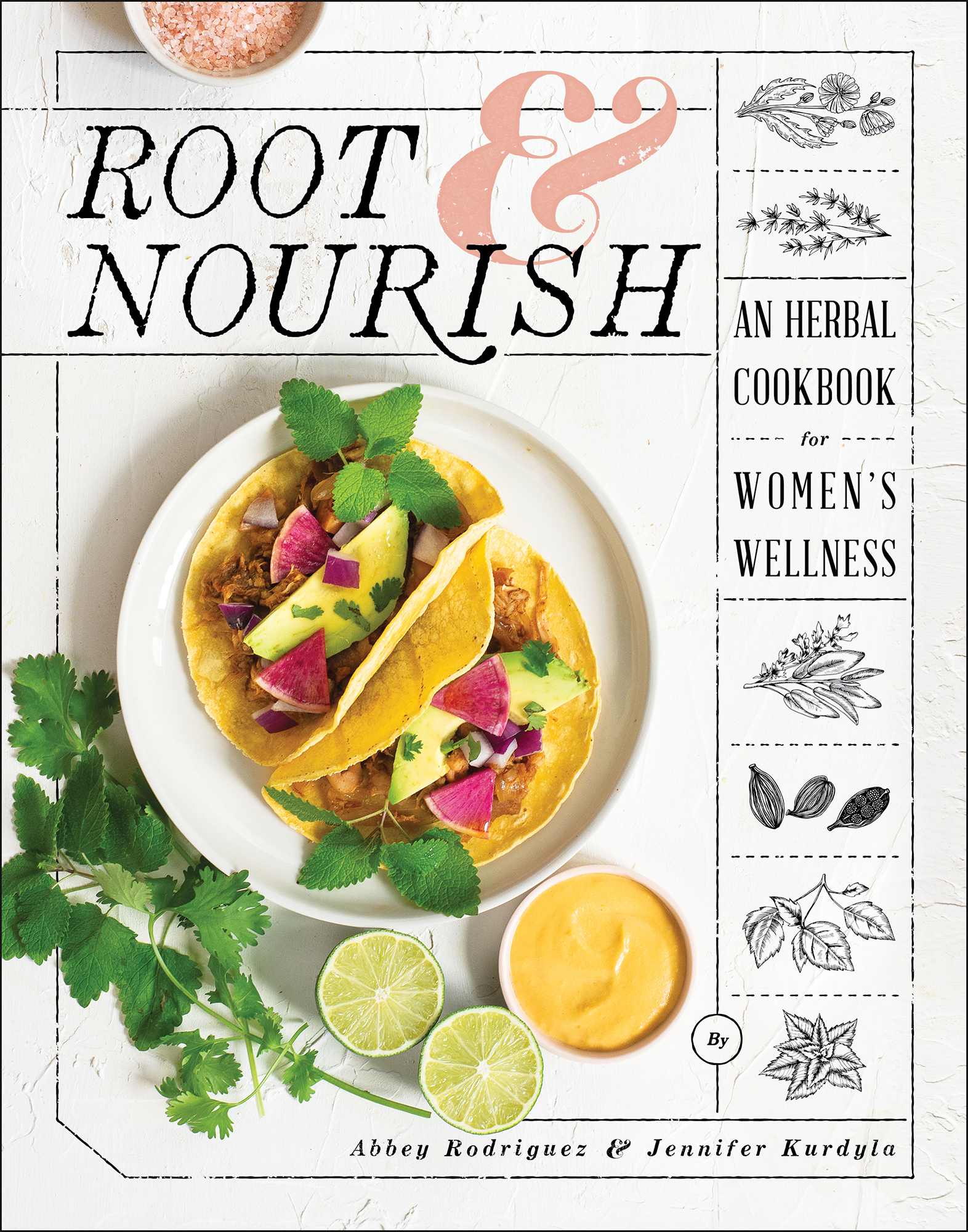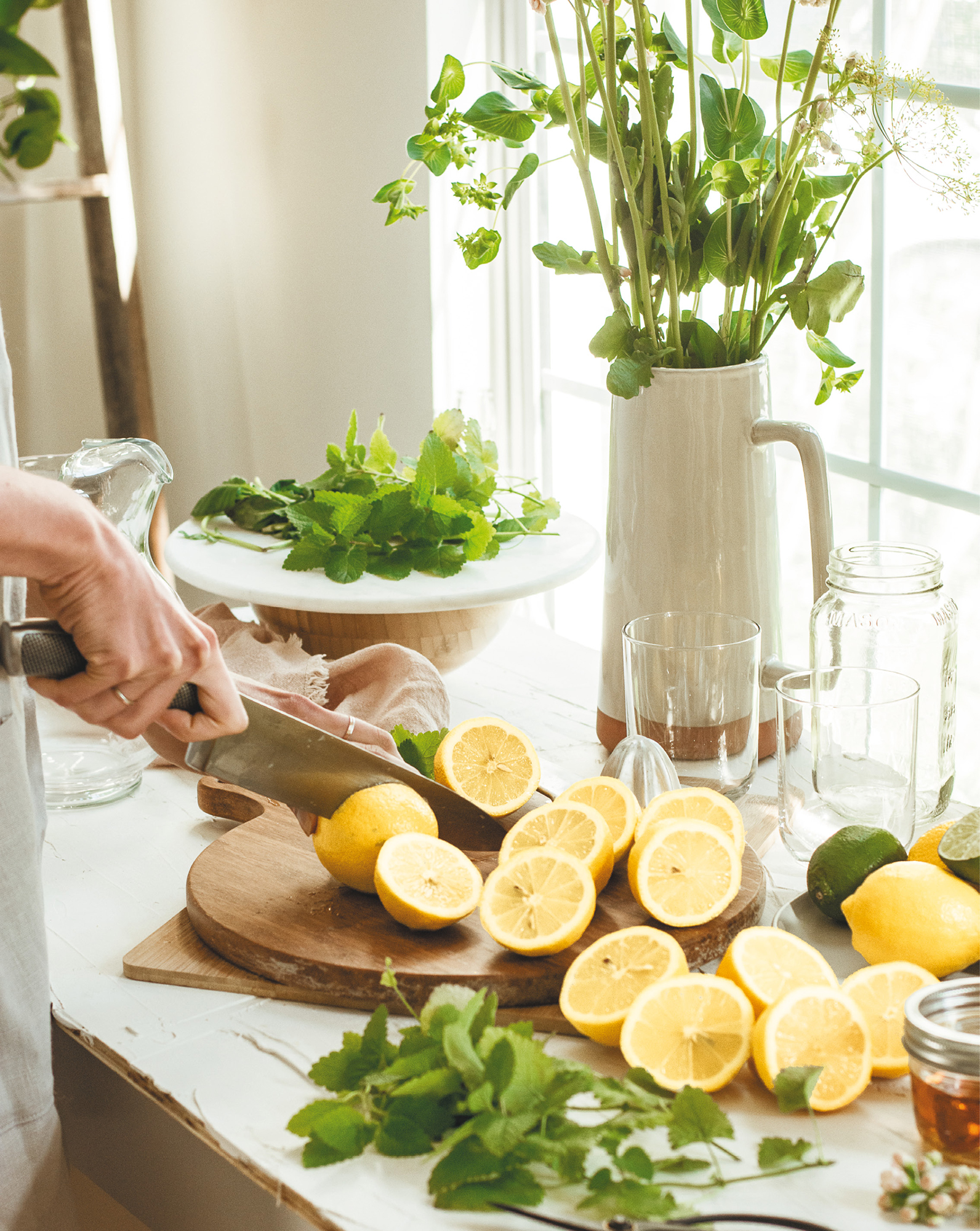Contents
Guide

An Imprint of Simon & Schuster, Inc.
1230 Avenue of the Americas
New York, NY 10020
www.SimonandSchuster.com
This publication contains the opinions and ideas of its authors. It is intended to provide helpful and informative material on the subjects addressed in the publication. It is sold with the understanding that the authors and publisher are not engaged in rendering medical, health, or any other kind of personal professional services in the book. The reader should consult their medical, health, or other competent professional before adopting any of the suggestions in this book or drawing inferences from it.
The authors and publisher specifically disclaim all responsibility for any liability, loss, or risk, personal or otherwise, which is incurred as a consequence, directly or indirectly, of the use and application of any of the contents of this book.
Copyright 2021 by Abbey Rodriguez and Jennifer Kurdyla
All rights reserved, including the right to reproduce this book or portions thereof in any form whatsoever. For information, address Simon & Schuster Subsidiary Rights Department, 1230 Avenue of the Americas, New York, NY 10020.
First Tiller Press hardcover edition April 2021
TILLER PRESS and colophon are trademarks of Simon & Schuster, Inc.
For information about special discounts for bulk purchases, please contact Simon & Schuster Special Sales at 1-866-506-1949 or .
The Simon & Schuster Speakers Bureau can bring authors to your live event. For more information or to book an event, contact the Simon & Schuster Speakers Bureau at 1-866-248-3049 or visit our website at www.simonspeakers.com.
Interior design by Matthew Ryan
Author photos on by Matt Rodriguez
Cover design by Patrick Sullivan
Cover photographs by Abbey Rodriguez
Herb illustrations by Shutterstock
Library of Congress Cataloging-in-Publication Data has been applied for.
ISBN 978-1-9821-4853-9
ISBN 978-1-9821-4856-0 (ebook)
To our mothers and fathers, in their natural and human formswho have given us roots to keep us nourished, and an insatiable appetite for eating and living well
I wanted to become a Wise Woman, grounded and rooted in the Earth, listening to its stories and mediating the old ancestral and spiritual wisdom which shows us how to live in balance in the world, how to live in harmony in our communities.
SHARON BLACKIE, IF WOMEN ROSE ROOTED
SEEDS OF INTEGRATION
AN HERBAL GUIDE TO HOLISTIC HEALTH
W hen you think about what healthy means to you, what comes to mind? Perhaps its glowing skin, lush hair, or the absence of diseaseone of the chronic lifestyle diseases common in our society, such as diabetes or hypertension, or an acute illness that keeps you away for a few days from the activities and people you love. Health can be those things, but its also much, much more. Health is not merely something that appears on the outside, in the form of social media posts or the results of a blood test. Rather, its an integrated and ever-evolving balancing act involving all the many systems of your body, the environment, and the state of your mind, emotions, and spirit.
At least, that is the perspective of health from which we come to you in this book. In our years as humans on the earth, we have confronted a range of health concernschronic and acute, personally and professionallyand we have run through the gamut of conventional medical resources in our attempts to find cures for them. Western medicine has been instrumental in providing useful diagnoses and treatments to that end, yet holistic practices have been the most sustainable, nourishing, and effective ways to restore and maintain health in its broadest meaning. Through both Western herbalism and Ayurveda, weve discovered not cures, but healing.
The word healing has its roots in the Dutch and German words for whole, an idea that pervades and connects these two modalities at the core of Root & Nourish. (Hence the use of the term holistic to describe these and other wellness systems, like Traditional Chinese Medicine.) While they stem from different parts of the world, and each has its own incredibly rich lineage, Western herbalism and Ayurveda share the idea that nature alone has the power to bring us into a state of healthand keep us there. Since we are part of nature, that power also resides in us, but only when we see ourselves as whole, integrated beings. When we remember that we are part of the vast universe of natures wholeness, connected to each other and all living things, and sync back into the rhythms, instincts, and changes of Earth, we can discover healing from the inside out.
Holistic healing wont happen without our participation: In other words, we need to be mindful about putting into (and onto) our bodies things that are wholesome and nourishing if we expect to get wholeness and nourishment out of them. Western herbalism and Ayurveda both turn to plants for those high-quality inputs, with an extensive pharmacopoeia of plant-based medicinesteas, tinctures, decoctions, formulas, and topical products that draw on the myriad innate qualities of different plants (which well explore throughout this book, so get excited) to bring us back to our state of nature. You see, plants are a mirror of our own energetics, nutrients, and sense of integration, so if weve lost some of that due to illness, we can turn to plants to replenish those qualities in us.
Ask any holistic practitioner, however, and theyll tell you that herbal medicines are never the first line of defense. Medicines take the power of plants and concentrate them into a form that will work more quickly and specifically (in most cases), and thats great if were in some kind of health crisis. (Thats not to say herbal medicine is a substitute for Western medicinethey can, and should, support each other. Herbs work much more slowly and systemically than most Western protocols, which is why if you break your arm or are having a heart attack, we wouldnt try to treat that with herbs. Holistic and conventional medicine need each other to provide balanced healthcarea kind of wholeness in and of itself.)
But what if were not in a health crisis, but just feeling a little off? And what if were feeling wellhow do we prevent a health crisis from happening?
Heres where herbsand this bookcome into the picture. We can use herbs (and spices)the most potent form of plants energyto engage with long-term and preventive healing in the form of food. By taking wholesome plants into our bodies every day, multiple times a day, we are essentially microdosing on plant medicine, and in doing so building up stores of immunity, repairing minor damage at a cellular level, efficiently eliminating waste, and keeping all parts of us communicating with each other and working together. (This applies if you dont follow a plant-based dietanimals eat plants, so the quality of their food matters to you, too.) Eating whole plant foods rather than taking an isolated, processed drug form of even those same nutrients will always provide a more integrated healing experience. Consider the wisdom of an Ayurvedic proverb: When diet is wrong, medicine is of no use. When diet is correct, medicine is of no need.


